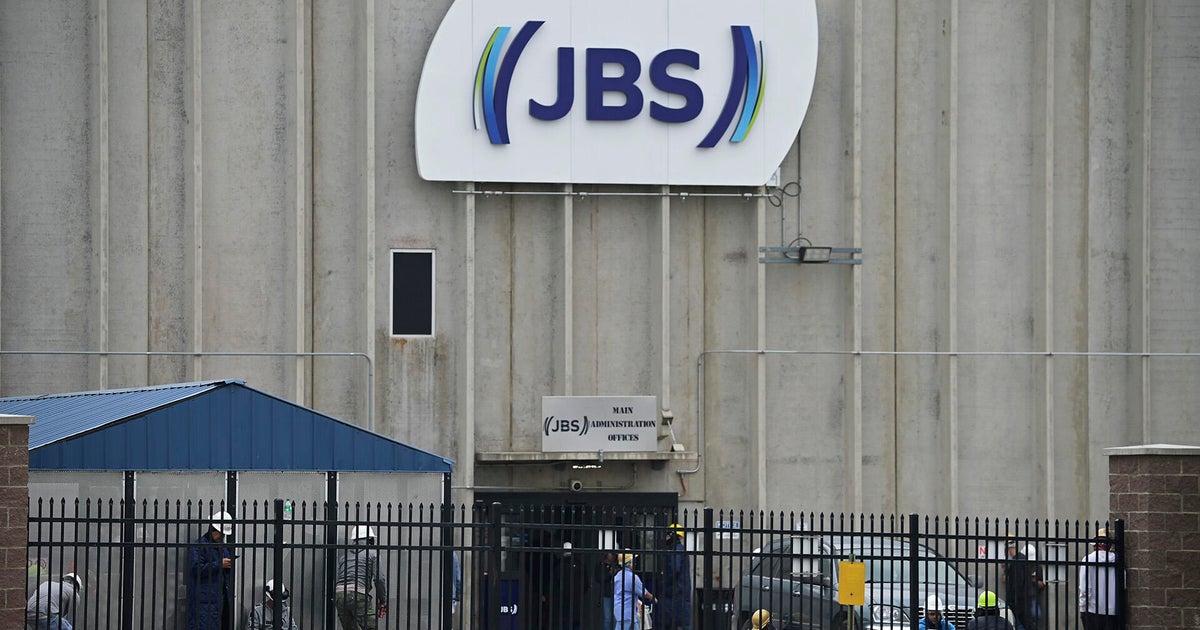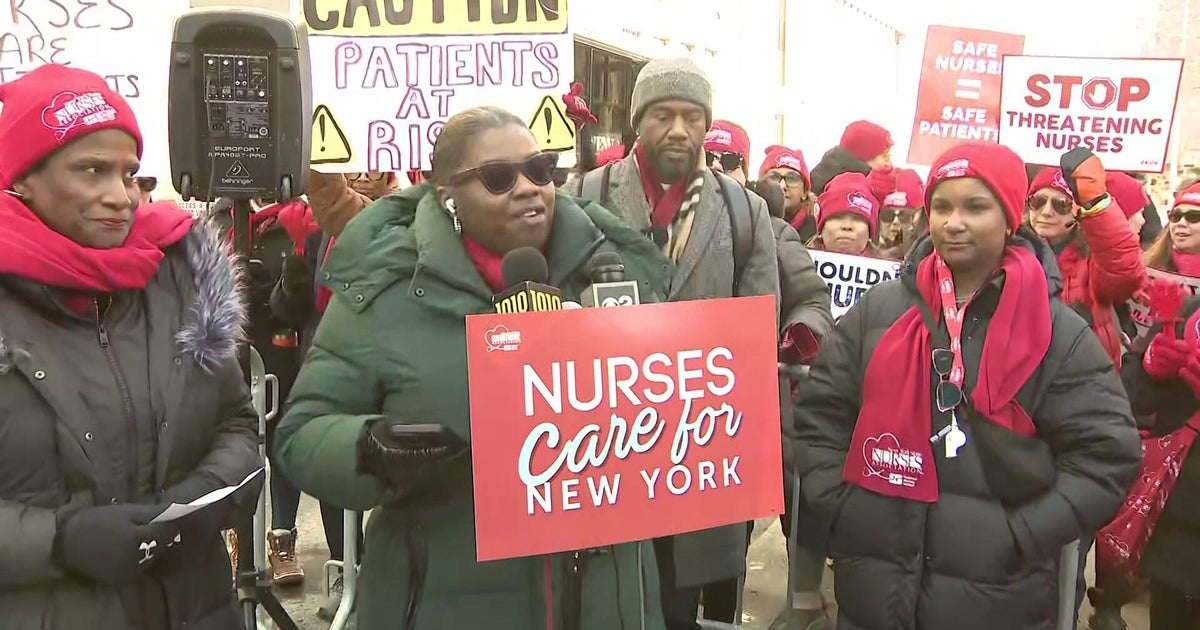What GM autoworkers are getting (and not) as contract vote looms
United Auto Workers leaders succeeded in winning wage hikes and other benefits from General Motors for their nearly 50,000 members employed by the automaker, but failed in efforts to convince the company not to close three U.S. factories. Now it's time for GM workers to weigh in as they vote this week on whether to ratify the tentative accord and end the longest strike against the company in half a century.
"Emotions on this run pretty strong. It's more about the future than it is about the cash. If this was just about money, they would have settled in three days," said Patrick Anderson, CEO at Anderson Economic Group in East Lansing, Michigan. "For General Motors, what was essential was the flexibility to reduce their production to something that is manageable during a recession."
The union was effective in negotiating improved wages and bonuses, as well as eliminating the differential between the three tiers of employees that currently exist. But the UAW ran into a brick wall trying to get GM to reverse course on plant closures in the U.S., according to Harley Shaiken, professor of labor relations at the University of California at Berkeley
"I think the agreement will be ratified after five weeks on the picket line, but no one knows," Shaiken told CBS MoneyWatch.
As workers weigh whether to approve the contract, most of the lingering hard feelings center on GM's decision almost a year ago to close four plants in the U.S. That includes the shutdown earlier this year of a Lordstown, Ohio, plant that once employed 10,000.
A pocket of that dissent was voiced Tuesday in Spring Hill, Tennessee, where 3,300 workers at one of GM's biggest plants rejected the proposed accord by seven votes. Those voting included 142 workers had transferred from Lordstown. Additionally, a local representing 842 GM workers in Rochester, New York, also reportedly rejected the deal.
"You can't presume they are going to agree, and that's adding to the cost for General Motors," Anderson said. His firm pegs GM's operating losses from the strike at $1.7 billion.
Here's what's on offer for GM workers:
Wage hikes
The proposed deal gives GM workers a 3% raise and 4% lump-sum increase in alternating years, akin to what they had in their last contract. GM's roughly 46,000 permanent workers would receive an $11,000 signing bonus, and its 3,000 temporary workers would get $4,500. The automaker also agreed to nix a $12,000 limit on profit-sharing that gives each worker $1,000 for every billion dollars GM earns.
"It's a very rich contract for UAW workers — for some fraction, it's an outright windfall," said Anderson, who noted that some workers with greater seniority who are planning to retire are looking at bonuses of as much as $70,000.
Medical coverage
GM withdrew a threatened plan to hike premiums, leaving workers with one of the least expensive health care plans in the country. "Health care remains untouched. It's a strong plan in which workers pay 3% out-of-pocket," said Shaiken, who called the company's concession a major victory for workers.
GM's initial offer had called for workers to cover 15% of their health costs, well beneath the national average of 28%, according to Automotive News. The UAW balked at the proposal, prompting GM to step back and offer to maintain the status quo, the industry publication reported.
No more perma-temps
The tentative deal includes a path for temporary workers to become permanent, and to shorten the time it takes for newer workers to reach the top hourly rate of what will be $32.22 an hour.
Made in the USA
GM agreed to build electric trucks and vans at its Detroit-Hamtramck factory, one of four scheduled to close before the walkout began. The company said its $3 billion investment would create 2,225 jobs. GM also said it would invest $1 billion in two additional assembly plants — one in Michigan and one in Tennessee.
The Detroit-Hamtramck plant would likely start with 500 to 600 workers, and whether it ramps up further likely depends on how well electric vehicles sell, according to Shaiken. The proposal lets GM close three plants: Baltimore Operations in Maryland, Lordstown Assembly in Ohio and Warren Transmission in Michigan.
The UAW's accord with GM is likely to provide a blueprint for coming negotiations with Ford and Chrysler, but plant closures won't be as problematic, according to Shaiken.
"Ford has the smallest footprint in Mexico and the largest in the U.S., so the issue of plant closings isn't really something with Ford," he said.
"Clearly, Ford and Chrysler are profitable, and they expect to be highly profitable with a new manufacturing plant for Chrysler and a strong U.S. footprint for Ford," he added.



